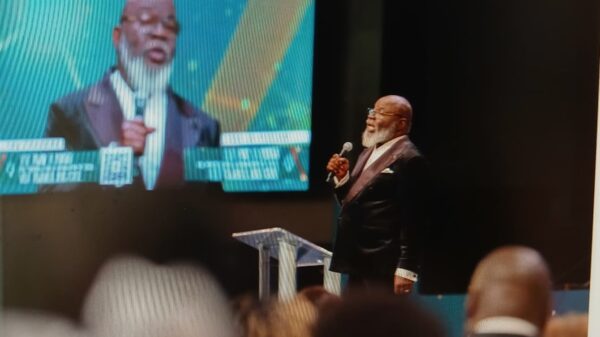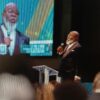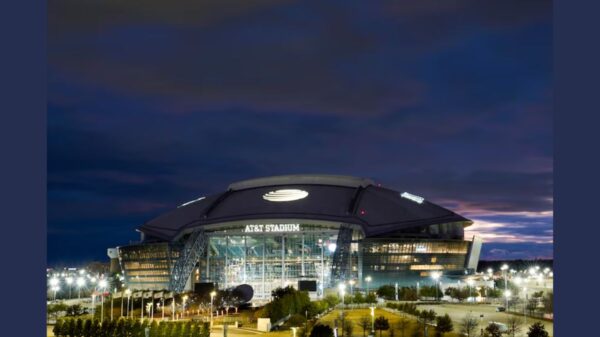
WASHINGTON — The Supreme Court on Tuesday rejected a bid by three members of the Texas Legislature to avoid being deposed over the state’s new congressional and legislative districts.
The Biden administration and Latino legal rights groups have challenged last year’s redistricting, asserting that the maps, based on the 2020 Census, violate the federal Voting Rights Act.
A three-judge federal court had already rejected the state’s efforts to shield the lawmakers from having to testify.
The Justice Department and other challengers accuse Texas of creating gerrymandered districts in such a way that they shut out non-whites, despite the fact that Hispanics provided much of the explosive population growth that earned Texas two new U.S. House seats.
Texas Republicans have defended the new maps as fair.
The Justice Department obtained subpoenas for state Reps. Ryan Guillen, Brooks Landgraf and John Lujan, compelling them to provide testimony about the redistricting.
Texas Attorney General Ken Paxton and other lawyers representing the trio argued that they enjoy “legislative immunity and privilege” and cannot be compelled to testify.
The lower court, however, ruled that the depositions could proceed. The lawmakers took their case to the Supreme Court.
“The legislators are now under court order to answer every question posed to them irrespective of legislative privilege objections — even those that would be off-limits in nearly every court across the country,” according to their request to block the depositions. “The legislators’ depositions will probe the very innerworkings of the legislative process, examining the legislators’ thoughts, impressions, and motivations for their legislative acts.”
U.S. Solicitor General Elizabeth Prelogar, representing the federal government, contended that it’s routine for plaintiffs in Voting Rights Act cases to seek testimony from the lawmakers involved.
“Courts, including this Court, often rely on such testimony both in assessing the motive and justification for districting choices and in considering the `totality of circumstances’ relevant to minority voters’ electoral opportunities, as the VRA directs,” Prelogar wrote.
Justice Samuel Alito, one of the six conservatives on the high court, referred the request for a stay to the full court, which rejected it in a one-line order with no explanation or dissent.
While the new Texas maps have come under fire for how they affect minority representation, Democrats say they do see a silver lining.
Republicans drew up the districts in a way that shores up support for their current incumbents in the state’s suburban areas, where voters are more likely to side with Democrats on abortion access, gun control and climate change, Rep. Sean Patrick Maloney, D-N.Y., chairman of the Democratic Congressional Campaign Committee, said Tuesday during a briefing with regional reporters.
But Maloney said a side effect of that approach has been to turn other previously competitive districts into safe Democratic strongholds — including those now represented by Rep. Colin Allred of Dallas and Rep. Lizzie Fletcher of Houston.
“Most people looking at redistricting at the outset would have said Texas is an area where Republicans will pick up a bunch of seats, and it’s just not what’s happened,” Maloney said.









You must be logged in to post a comment Login